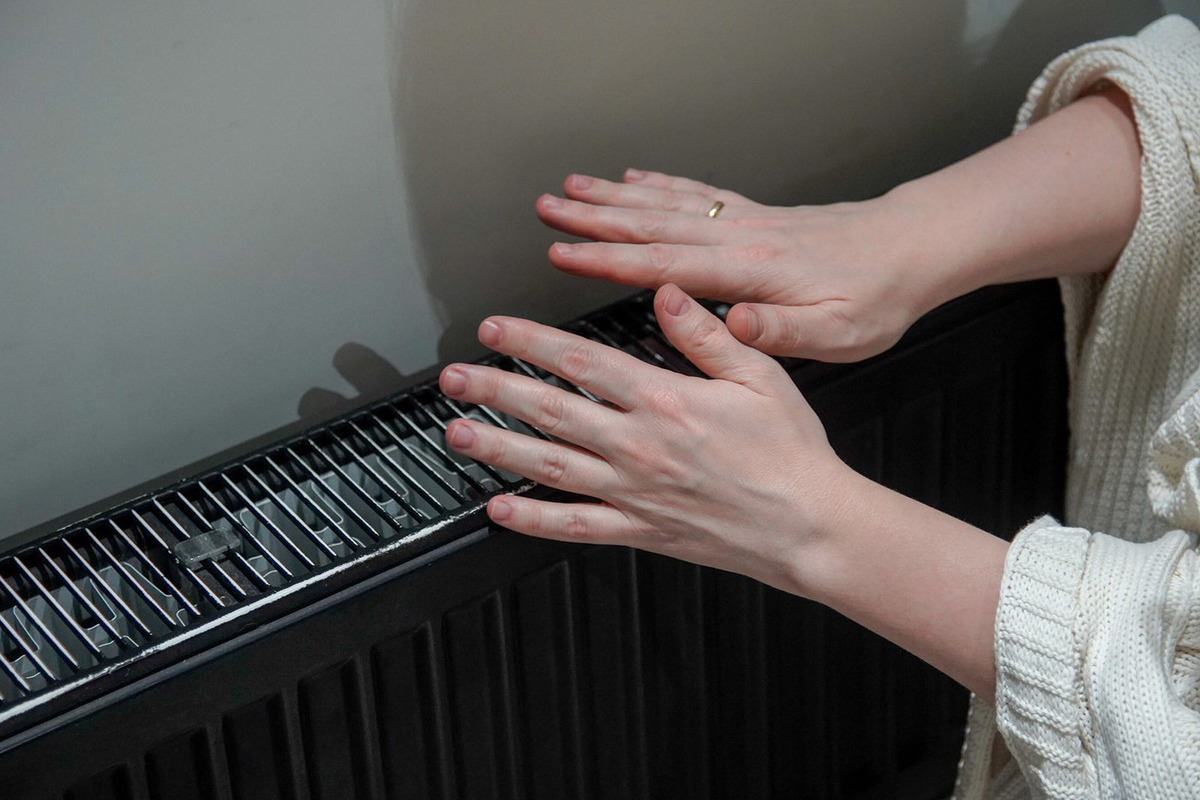Residents of the Moscow region who suffered from the communal collapse were told who is to blame and what about compensation
[ad_1]

“If the authorities say “give people 5,000 rubles,” then the courts will approve such claims as a carbon copy.”
In a number of cities near Moscow, housing and communal services collapsed during the frosty New Year holidays. Problems with heat supply led to people literally being covered in frost in their own apartments. Why? The authorities wanted to keep pressure on the pipes in cold weather to prevent them from bursting: the heating networks were simply worn out. But what about the plan of mandatory measures to prepare the house for the heating season? What about a checklist for checking the readiness of high-rise buildings? Who is responsible for the emergency? How can residents receive compensation for moral and physical damage? Konstantin Krokhin, a member of the Committee on Entrepreneurship in the Sphere of Housing and Communal Services of the Chamber of Commerce and Industry (CCI) of Russia, told MK about this.
-What is the cause of thermal collapse?
-The problem partly lay in the administrative reform in the Moscow region, which united cities and rural areas. In our country now Odintsovo or Krasnogorsk is not only a city, but also a region. This was done in order to concentrate financial resources and change leadership. As a result, there was essentially no local government and local deputies. The transfer of information has become slower. That’s why the vice-governor of the Moscow region, Evgeny Khromushin, says that they were in the dark for a day about what happened in Klimovsk. And it is true.
-Well, what about the infrastructure? Construction is actively underway in the Moscow region. New areas and multi-storey buildings are being built. They connect everything to the old boiler rooms.
-And this is exactly the next reason for what happened. Everything worked properly until there were abnormally cold weather conditions. It started with the fact that in mid-December, residents of Elekrostal and Khimki complained that it was very cool in their houses. That is, it was warm in fact, but the temperature was mocking – 10-15 degrees. Why? Because the authorities were afraid of accidents: the pipes could not withstand it, and therefore did not provide the required pressure. You cannot build new housing on old networks. And not only are the networks old, but the houses themselves have low energy efficiency. They don’t keep warm.
-Was it possible to avoid accidents?
-Yes, but there was another problem – fraud. In practice, preparing houses for winter is purely formal. The readiness passport is signed by the head of the administration who oversees the housing and communal services department, the management of the housing inspection, the owner of the network or boiler room and the management organization of the residential building. But they sign formally. In reality, this is due to a lack of control or a clear violation of technological rules.
-Who is to blame for this situation?
-There are legal and political responsibilities. Legal responsibility lies with the people who signed the home readiness certificate. They will suffer some kind of punishment, since there was serious material damage. But if we talk about political responsibility, then the situation is more complicated. There is no specific person to blame. The system as a whole, bureaucratic disease, bribes are to blame. Even state budgetary institutions pay bribes to housing inspectors so that houses are accepted for winter. We need to change our approach to work. There shouldn’t be “Vasya-Vasya”.
– There was no heat for more than a week. What should people who are sick do? Can they expect some kind of compensation?
-Apartments where property was damaged will receive compensation. The authorities did not announce the specifics, but still… Legal norms apply here. Through the court, you can request compensation for both moral and physical harm. But such claims are rarely satisfied to the desired extent. Knowing our judicial system, most likely the outcome of such proceedings will depend on
political will. If the authorities say “give people 5,000 rubles,” then the courts will approve such claims as a carbon copy. But if an instruction is given to “refuse compensation,” then you should not hope for a positive outcome.
-How much will citizens pay for an emergency month?
-There is the political will of the governor of the Moscow region, who, on his own initiative, announced that despite the fact that there was no heat for a week or ten days, residents will be exempted from paying a monthly fee for the service.
-Will this situation somehow affect changes in heat tariffs?
– For sure. Such conversations have already begun. Recently, presidential press secretary Dmitry Peskov said that “the networks are bad, but our tariffs are low.” It turns out that the psychological ball has already been rolled. So the fee will definitely increase, but I think not this year. Energy monopolists and the Ministry of Construction will lobby for this topic. But I think that this is not correct. First of all, it is necessary to strengthen payment discipline and prosecutorial supervision, as well as improve the situation with competition. When theft stops in the country and restoration begins in the housing and communal services sector.
[ad_2]
Source link






